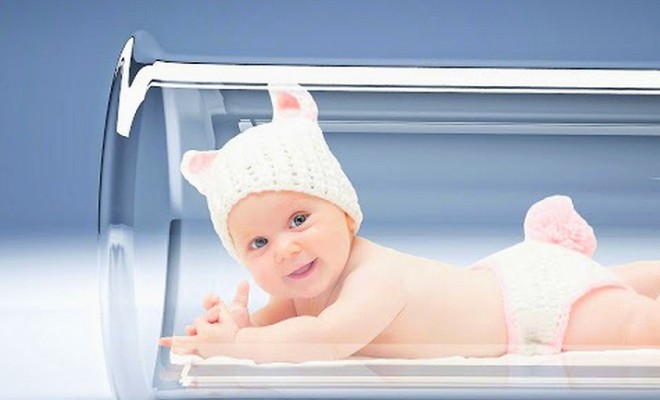
Replotting the human: the thorny ethics of growing babies outside the womb
Science is getting nearer to producing babies outside the womb. The moral arguments will need to catch up fast
In its worthy pursuit of what the philosopher Francis Bacon called “the relief of man’s estate,” science has a habit of creating previously unknown moral dilemmas. That’s nowhere more apparent than in the sciences pertaining to the beginning of human lives.
When IVF took off after the birth of Louise Brown in 1978, fertility doctors were faced with the question of what to do with embryos produced “in vitro”—that is, outside the womb—which would not, either because of their unviability or sheer excess in number, be implanted for gestation. Many were donated for embryological research, which has made huge strides as a result. But this has also complicated the already impassioned arguments—still unresolved—about the moral status of the human embryo.
Similar wrangles loom over the recent report in Nature by a team of scientists based in Israel who say that they can gestate mouse embryos in glass jars for up to 12 days. That might not sound long, but it is half a mouse’s normal gestation period: the embryos can reach a stage where the internal organs are in place, the heart is beating, and the hind legs are developing.
By contrast, no human embryos have been grown outside the womb beyond 14 days (the legal limit in the UK, Israel, China and many other countries), which is of course still at a very early stage of the journey towards becoming a baby. But Jacob Hanna, who led the Israeli project at the Weizmann Institute of Science, told Technology Review that it “sets the stage for other species… I hope that it will allow scientists to grow human embryos until week five.”
Συνέχεια ανάγνωσης εδώ
Πηγή: prospectmagazine.co.uk




